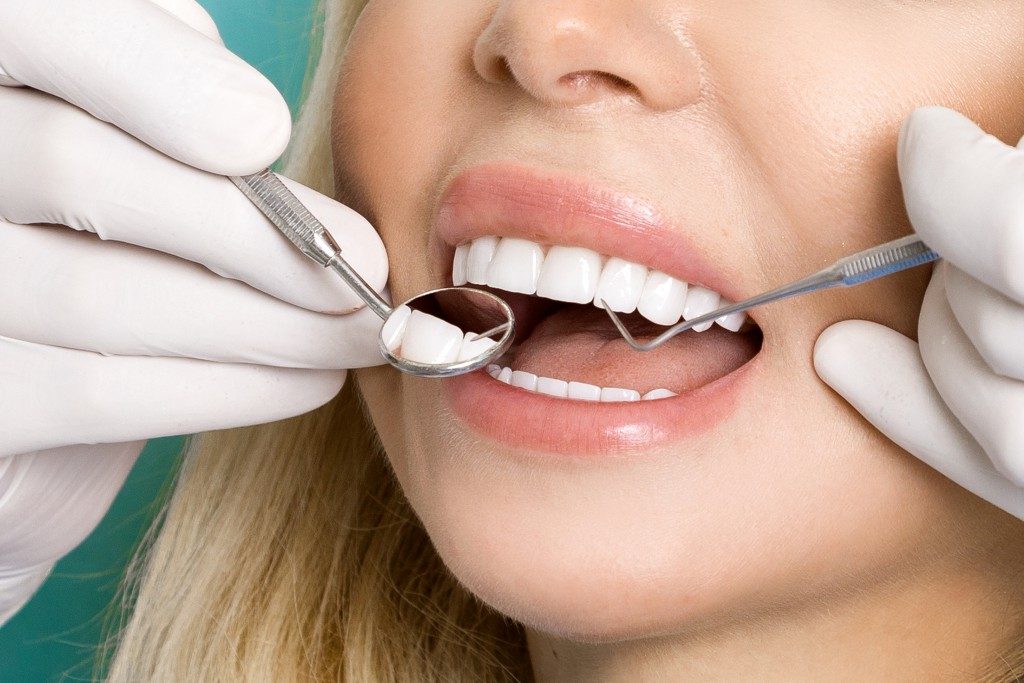Throughout life, oral hygiene is essential, but especially in our formative years, when we pick up early habits. Recent studies have shown that tooth decay remains the leading chronic condition among children throughout California. Whether you live in busy Los Angeles or quiet Upland, establishing good dental habits with your children can prevent complications leading to root canal treatment or other procedures. Here are some essential practices.
Regular dental visits
Starting around their first birthday, you should make the dental appointment a part of your child’s life. Regular visits keep you well informed of their oral health, and increase the comfort level for your child through familiarity. You can also look for dentists who specialize in handling child patients. Over time, kids won’t feel needless fear or anxiety as you make these visits.
Brush and floss
While regular trips to the dentist are helpful, the greater part of oral hygiene consists of your daily routines. Consider the number of times your child will be brushing their teeth from now until they grow old – they must develop proper routines for brushing their teeth and flossing afterward.
You’ll need to supervise them until they are around six to eight years of age. By then, you can be reasonably sure that they are properly spitting, not swallowing; effectively brushing all teeth with the right amount of pressure and toothpaste; and flossing between teeth to better remove plaque. You may still need to keep track of the frequency, making sure they brush twice a day within an hour of meals.
Healthy diet
Part of good oral hygiene is maintaining a healthy diet. Undesirable reliance on sugary food to keep infants peaceful and sleeping can lead to tooth decay and cavities. And even though baby teeth will fall out, bacteria can remain and pass on to the permanent teeth. By controlling your child’s sugar intake, you’ll avoid tooth decay and as a bonus, set them up for balanced nutrition as they grow older.
Adjust to their growth
As children grow older and become more conscious of their appearance, you can try a different angle on reinforcing good dental habits as new situations come up. Sometimes, the dentist may recommend braces to fix alignment issues. While some kids might be excited about this, others can be averse to it. Or your child could get into contact sports. They may not feel comfortable or like the look of wearing a mouthguard, but it’s necessary to have this sort of protection, especially to protect their adult teeth.
Put things in perspective and remind them that it’s only a temporary adjustment and will benefit them long term. You can emphasize the importance of a great smile in confidence and expressiveness, and how that’s going to matter in just a few years as they head off to university then look for work.
Avoid unhealthy habits

Numerous studies have shown that oral health is tied to the rest of the body – providing a window into the big picture. Risk factors for oral health such as smoking and drinking are linked to the major noncommunicable diseases – cardiovascular, cancer, diabetes, and chronic respiratory disease.
Preventing those risk factors starts early with fighting off bad habits and an unhealthy lifestyle. Your dentist can provide assistance and advice, and it’s always important to set the standard yourself with a good example.
Oral hygiene may be a small aspect of overall health, but good habits tend to create a virtuous cycle. Help your child form a great dental routine and set the stage for lifelong confidence and quality of health.

